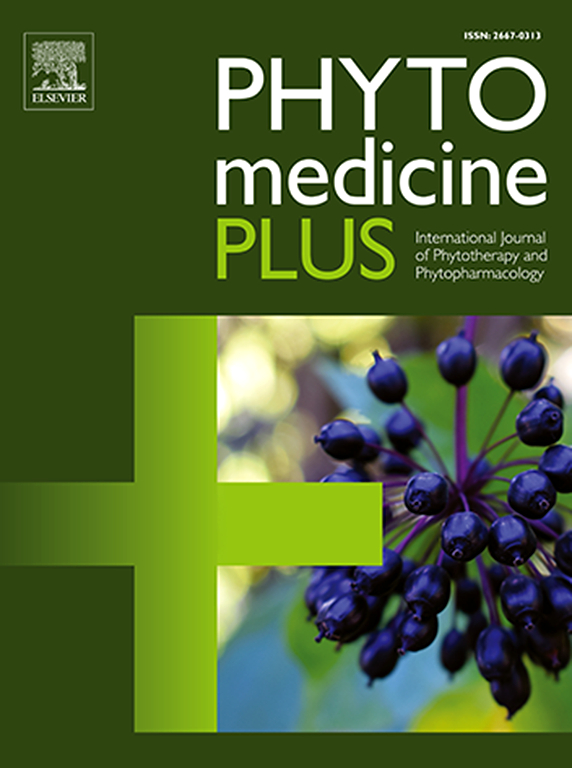Effect OF M. koenigii on the expression of cell wall formation related genes (mecA and fmhb)
Q3 Pharmacology, Toxicology and Pharmaceutics
引用次数: 0
Abstract
Introduction
Generally, quantitative polymerase-chain-reaction technique (qPCR) has been recognized as the gold standard for gene expression analysis. It supersedes the original conventional PCR, due to its ability of measuring the amplification of cDNA in real time as the reaction progresses.
Aims
The aim of this study was to determine the effects of the ethyl acetate leaf extract of Murraya koenigii (M. koenigii) on the expression of cell wall formation related genes (mecA and fmhb).
Materials and Methods
Ribonucleic acid (RNA) of the bacterial cells (Staphylococcus aureus ATCC 700,699) was extracted using Trizol reagent. The concentrations and purities of all RNA analysis were obtained from NanoDrop Spectrophotometer. cDNA Synthesis Kit was used for cDNA synthesis. The integrity of the cDNA was identified using ethidium bromide, through 1.5% agarose gel electrophoresis in 1 x TBE buffer. Finally, quantitative real-time PCR technique was employed to establish and validate the antibacterial activity of the plant extract on gene expression of the selected genes at the cellular level and the quantification of the gene's expression was determined using delta-delta Ct method.
Result
The result revealed that the exposure of the bacterial cells to the plant extract instigated upregulation of the selected genes. This indicates resistance of the bacteria to the treated extract against the selected cell wall formation genes
Conclusion
These findings suggest that the ethyl acetate leaf extract of M. koenigii lacks potential antibacterial activity on the expression of cell wall formation related genes (mecA and fmhb) of S. aureus bacteria.
柯尼氏分枝杆菌对细胞壁形成相关基因(mecA和fmhb)表达的影响
一般来说,定量聚合酶链反应技术(qPCR)已被公认为基因表达分析的金标准。它取代了原来的传统PCR,因为它能够随着反应的进展实时测量cDNA的扩增。目的研究柯尼氏木犀叶乙酸乙酯提取物对细胞壁形成相关基因(mecA和fmhb)表达的影响。材料与方法采用Trizol试剂提取金黄色葡萄球菌ATCC 700,699细胞的核糖核酸(RNA)。所有RNA分析的浓度和纯度均由纳米滴分光光度计获得。cDNA Synthesis Kit用于cDNA合成。利用溴化乙啶,在1倍TBE缓冲液中通过1.5%琼脂糖凝胶电泳鉴定cDNA的完整性。最后,采用实时荧光定量PCR技术,在细胞水平上建立并验证植物提取物对所选基因表达的抑菌活性,并采用delta-delta Ct法测定基因表达量。结果细菌细胞暴露于植物提取物后,所选基因表达上调。结论本研究提示,柯尼氏分枝杆菌乙酸乙酯叶提取物对金黄色葡萄球菌细胞壁形成相关基因(mecA和fmhb)的表达缺乏潜在的抑菌活性。
本文章由计算机程序翻译,如有差异,请以英文原文为准。
求助全文
约1分钟内获得全文
求助全文
来源期刊

Phytomedicine Plus
Medicine-Complementary and Alternative Medicine
CiteScore
3.70
自引率
0.00%
发文量
178
审稿时长
81 days
期刊介绍:
 求助内容:
求助内容: 应助结果提醒方式:
应助结果提醒方式:


